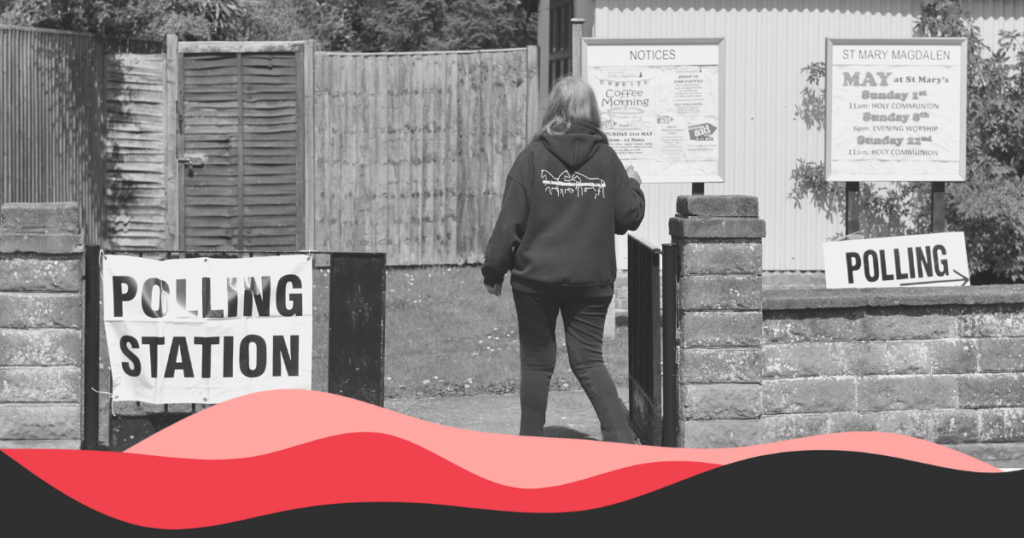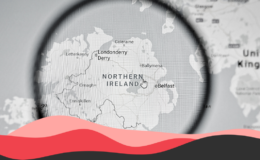This claim is inaccurate. The Secretary of State may bring forth a border poll when presented with evidence that a majority of electors may choose to change the constitutional status of Northern Ireland. There has been no evidence yet published.

Following the EU Referendum result of 24 June 2016, in which the United Kingdom voted Leave in a 51.9% majority, senior Sinn Féin politicians such as Gerry Adams and Deputy First Minister Martin McGuinness called for a Border poll. “The British government has no democratic mandate to represent the views of the North in any future negotiations with the EU. There is now a democratic imperative for a Border poll. The Irish Government should support this,” Adams stated.
According to the Good Friday Agreement, “if at any time it appears likely that a majority of those voting would express a wish that Northern Ireland should cease to be part of the United Kingdom and form part of a united Ireland”, then the Secretary of State for Northern Ireland may order the holding of a poll (but not more than once every seven years).
However, the Secretary of State Theresa Villiers ruled out the call for a border poll on the reunification of Ireland, stating that there is nothing to indicate support for a united Ireland in various opinion surveys.
Catholic attitudes towards remaining part of the UK
A 2015 survey commissioned for a BBC Nolan Live and RTÉ Prime Time Special indicated that staying within the UK — either through direct rule or devolution — was a more popular option than Irish unity, among respondents on both sides of the border. Asked about Northern Ireland’s constitutional status in the short to medium term, almost half of Protestants here (49%) stated a preference for devolution; only 3% wanted a united Ireland, while 30% wanted direct rule. Among Catholics, 38% said devolution was their preference in the same time frame, followed by a united Ireland (27%) and direct rule (14%). In Northern Ireland, two-thirds of all respondents (66%) — Protestant and Catholic-backed options that would mean the province stays part of the UK in the short to medium term.
According to a 2014 survey carried out by Northern Ireland Life and Times, given the scenario that the majority of people in Northern Ireland voted to become part of a united Ireland, 58% of Catholics answered they would “happily accept the wishes of the majority”. In comparison, 24% of Protestants gave the same answer. 33% of Catholics and 40% of Protestants would not like it, but could live with it if they had to and 3% of Catholics compared to 32% of Protestants would find it impossible to accept.
Another opinion poll, carried out by BBC Spotlight in 2013, found that “more than 90% of those who identify themselves as Protestants told the pollsters they wanted to stay in the UK. 38% of Catholics also favoured remaining within the UK – three percentage points more than the number who backed a united Ireland.”
Image: “Ballot boxes arriving” by Coventry City Council licensed by CC BY-NC-ND 2.0
FactCheckNI is Northern Ireland’s first and only dedicated independent fact-checking service and a verified signatory to the International Fact-Checking Network’s Code of Principles. You can learn more about about FactCheckNI, our personnel, what our article verdicts mean, and how to submit a claim.




